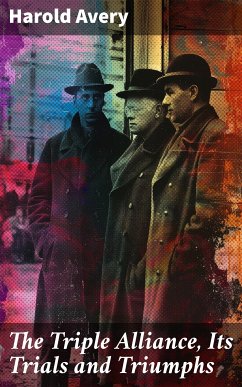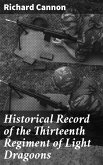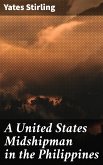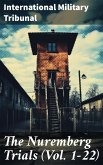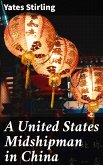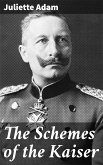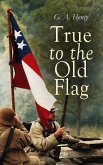In "The Triple Alliance, Its Trials and Triumphs," Harold Avery meticulously chronicles the intricate dynamics and evolution of one of the most significant political coalitions in history. Set against the backdrop of shifting geopolitical landscapes, Avery employs a rigorous analytical style, blending narrative storytelling with scholarly research. The book delves into the strategic alliances formed among key nations, illustrating their triumphs, conflicts, and the trials that ultimately shaped the modern era. With a keen eye for detail, the author explores pivotal events and decisions that underline the historical significance of the Triple Alliance, making this work an essential addition to the field of political history. Harold Avery, a distinguished scholar with extensive expertise in international relations, draws on a rich academic background and personal experiences. His deep interest in alliance politics, fostered by years of research and engagement in historical studies, informs this ambitious work. Avery'Äôs meticulous approach combines theoretical frameworks with empirical evidence, allowing him to offer a comprehensive examination of the motivations that shaped the alliance and its participants'Äô decisions. Readers intrigued by the complexities of international coalitions and their implications will find "The Triple Alliance, Its Trials and Triumphs" an invaluable resource. Avery's engaging and authoritative narrative not only educates but also invites reflection on the lasting impacts of these alliances. It is a must-read for historians, political scientists, and anyone interested in understanding the intricacies of global politics.
Dieser Download kann aus rechtlichen Gründen nur mit Rechnungsadresse in A, B, BG, CY, CZ, D, DK, EW, FIN, F, GR, H, IRL, I, LT, L, LR, M, NL, PL, P, R, S, SLO, SK ausgeliefert werden.

